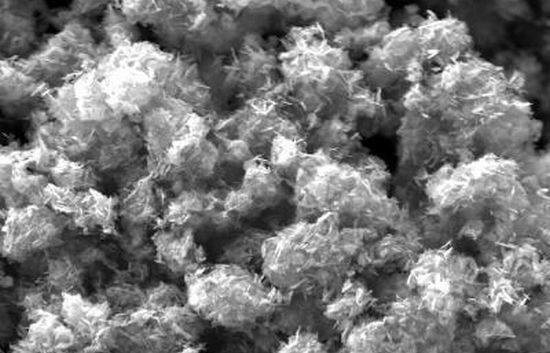
Scientists at PNNL and State University of New York at Binghamton have discovered a lower-priced alternative to existing lithium ion-metal oxide batteries that juice up everything from your cell phones to your cars. Most lithium-ion batteries in the market today are designed with an oxide of metal such as cobalt, nickel, or manganese. So, this research team though of finding a cheaper alternative and found that a little wax and soap can help build electrodes for cheaper lithium ion batteries.
Lithium iron phosphate batteries are quite efficient, but synthesis of the electrode material is complicated. So, the researchers mixed the electrode ingredients with melted paraffin and oleic acid and let the crystals grow as they slowly raised the temperature. It was found that at 400 Celsius crystals had formed and the wax and soap had boiled off. To meld the crystals into a plate, the team raised the temperature further. This way of making lithium manganese phosphate cathodes is lot more simpler.
On adding a conductive carbon backing to the 50 nanometers thick nanoplates and charging and discharging them slowly, it was found that the LMP mini battery held a little more than 150 milliAmp hours per gram of material. But when the battery was discharged fast that dropped to about 117. So, the scientists claim that though this battery charges slower than other cathode materials, but is more efficient, easy to develop as involves one-step method and allows to explore a wide variety of cheap materials.
Via: Physorg

